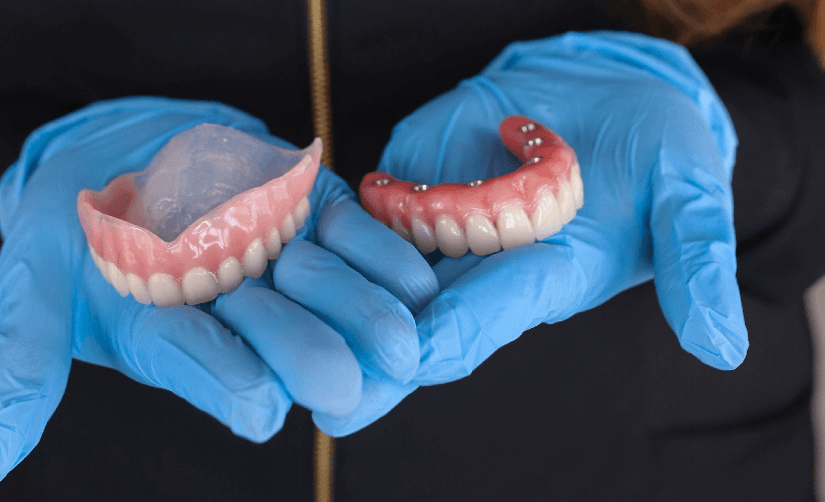Toothaches can be incredibly distressing, impacting your daily activities and causing significant discomfort. Whether it’s a dull ache or a sharp, throbbing pain, understanding the root causes, recognizing the symptoms, and exploring potential solutions are crucial for maintaining oral health and overall well-being. In The Colony, like anywhere else, dental issues can arise, but with the right knowledge, you can effectively manage and alleviate toothache The Colony troubles.
Causes of Toothache:
Several factors can contribute to the onset of a toothache:
Dental Decay (Cavities): One of the most common causes, is dental decay occurs when bacteria in the mouth produce acids that erode tooth enamel, leading to cavities.
Gum Disease: Gingivitis and periodontitis, both forms of gum disease, can result in toothaches. Inflammation and infection of the gums can spread to the teeth, causing pain and sensitivity.
Tooth Fractures: Trauma or injury to the teeth can cause fractures, exposing the sensitive inner layers of the tooth and triggering pain.
Tooth Sensitivity: Exposed dentin due to receding gums or enamel erosion can lead to sensitivity to hot, cold, or sweet foods and beverages, resulting in toothaches.
Abscessed Tooth: An abscess, a pocket of pus caused by a bacterial infection, can form at the root of a tooth or between the tooth and gum, causing severe pain and swelling.
Symptoms of Toothache:
Recognizing the symptoms of a toothache dentist can help in identifying the underlying issue and seeking timely treatment:
Pain or Discomfort: Persistent or intermittent pain in the tooth or surrounding area is the most common symptom of a toothache.
Swelling: Inflammation or swelling of the gums, face, or lymph nodes near the affected tooth may occur.
Sensitivity: Increased sensitivity to temperature, pressure, or sweet foods can indicate tooth decay or other dental problems.
Bad Taste or Odor: A foul taste or odor in the mouth, often accompanied by drainage or pus, may indicate an abscessed tooth.
Difficulty Eating or Sleeping: Severe toothaches can interfere with eating, chewing, and sleeping, affecting overall quality of life.
Solutions for Toothache:
While temporary relief measures can alleviate discomfort, addressing the underlying cause is essential for long-term resolution. Here are some solutions for managing toothaches in The Colony:
Regular Dental Checkups: Schedule routine dental examinations and cleanings to detect and prevent dental issues before they escalate into toothaches.
Good Oral Hygiene: Brushing twice a day, flossing daily, and using mouthwash can help prevent tooth decay and gum disease, reducing the risk of toothaches.
Professional Treatment: Seek prompt dental care from a qualified dentist in The Colony for comprehensive evaluation and treatment of dental problems.
Pain Management: Over-the-counter pain relievers such as ibuprofen or acetaminophen can help alleviate mild to moderate toothache pain temporarily.
Home Remedies: Rinse your mouth with warm saltwater, apply a cold compress to the affected area, or use clove oil for temporary relief from toothache discomfort.
Avoiding Trigger Foods: Limit consumption of acidic, sugary, or hard foods that can exacerbate tooth sensitivity or cause further damage to teeth.
Understanding the causes, recognizing the symptoms, and exploring effective solutions are vital aspects of managing toothaches in The Colony. By prioritizing oral hygiene, seeking professional Castle Hills dental care, and adopting preventive measures, you can maintain optimal dental health and minimize the occurrence of toothaches. Remember, consulting an appointment can prevent them from escalating into more severe problems, ensuring a healthy and pain-free smile for years to come.







